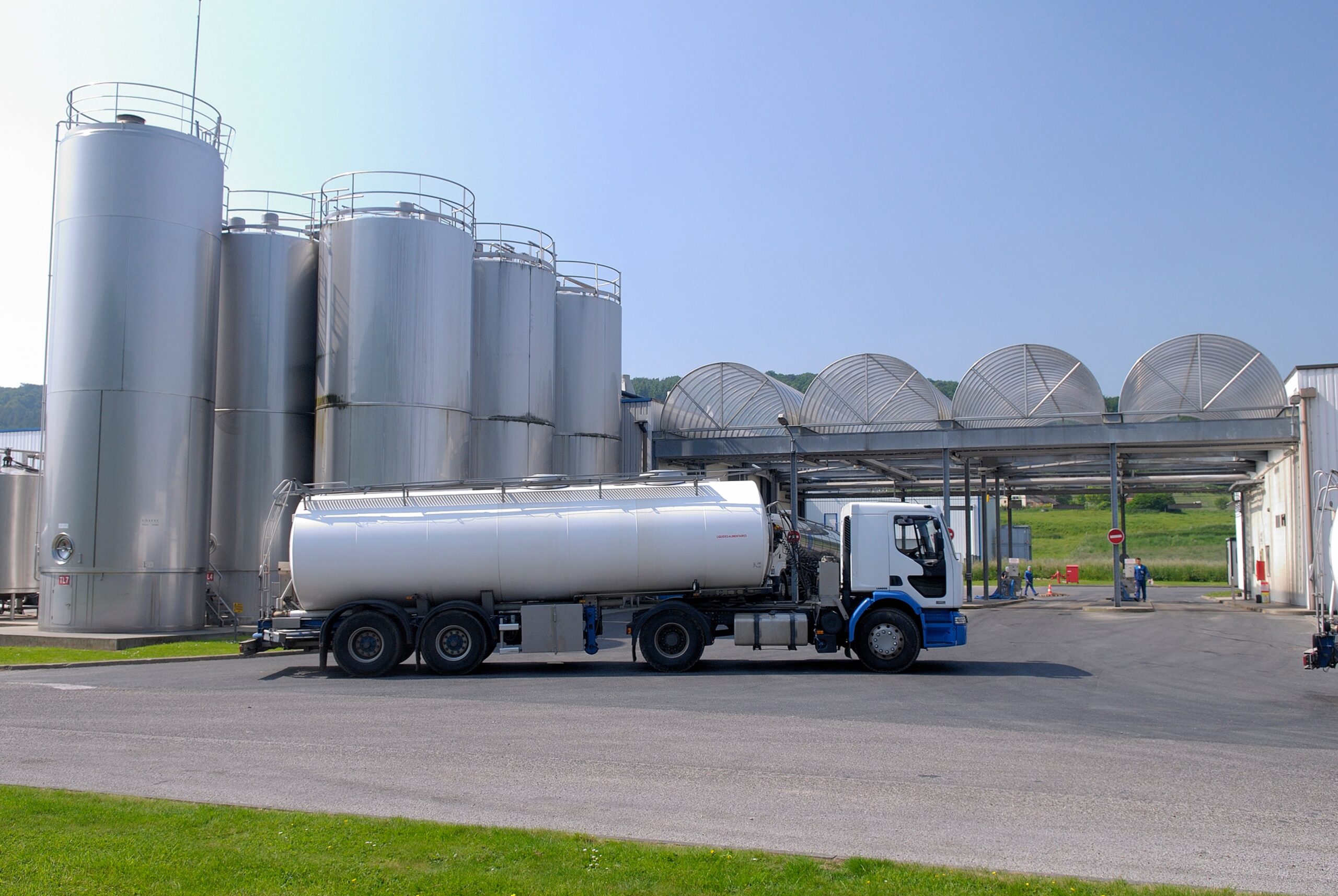The digital revolution as well as the emergence of new technologies are now affecting the organization of work, manufacturing processes and production systems in factories. We talk about Industry 4.0 which is based on digital data processing applications to connect and make man and machine interact.
With Process 4.0, the company is making real-time manufacturing data a primary resource for optimizing processes, systems and technologies that improve the value chain. IBITEK, a leading specialist in industrial intelligence in France, specializes in the optimization of business processes in factories and tells us more about Process 4.0 in factories.
What are the four main industrial revolutions?
The first industrial revolution took place in Great Britain in the 18th century. With the invention of the steam engine and the exploitation of coal, the way products were manufactured changed radically. Alongside man and his know-how, machines powered by the steam engine allowed for greater production. Craft workshops and factories are replaced by factories.
The second industrial revolution took place at the end of the 19th century with the use of electricity, gas and oil in industry. The production machines of factories are now at the service of Taylorism and assembly line work. With communication technologies such as the telegraph or the telephone, manufacturing processes were somewhat automated and allowed for mass production.
The third revolution in industry began in the middle of the 20th century with the integration of computers, digital data analysis and electronics into manufacturing processes. In the factory, machines now have programmable logic controllers, which improves the automation of production systems. The Internet and robotics allow the collection, sharing and processing of data to better link man and machine in manufacturing processes.
For its part, the fourth industrial revolution seeks today to create a new factory that takes full advantage of new technologies to personalize outputs. This fourth industrial revolution aims to make manufacturing processes efficient and effective by offering customers the customization of products they demand. Factory 4.0 is intelligent, highly automated and knows how to use data to improve the productivity of machines and employees in the value chain. Thanks to this fourth industrial revolution, the data collected at the factory level can be optimally used and implemented thanks to Big Data and electronics.
Industry 4.0: the challenges of digital transformation for factories
Digital transformation now enables Industry 4.0 factories to create value through innovative technologies. The aim of Industry 4.0 processes in factories is to facilitate human work by automating the repetitive tasks of employees. Several issues and goals are attached to the optimization of manufacturing processes in the factory through the processing and intelligent exchange of work data. These include:
- Training plant personnel to develop new digital skills.
- Determining the right balance between humanization and robotization of manufacturing processes in industry.
- Integrated management of structured and unstructured data to deploy efficient and sustainable business workflows.
- Reducing the risk of human error in the value chain by standardizing and homogenizing processes.
- Improve the productivity of employees and machines in the factory by streamlining, centralizing and automating low-value processes.
- Optimization of the time-to-market scheme.
- Decrease plant operating costs by improving the overall efficiency of the industry’s production system.
- Improving corporate decision-making by analyzing the huge amount of data related to the manufacturing of products.
- Developing predictive maintenance to improve machine utilization.
- Strengthening the protection of factory work data against cyber attacks.
Thanks to the real-time transfer of data, the implementation of interconnected machines must now promote a more agile, flexible and rapid organization and production. Communication between equipment must be fluid and fast. However, this transformation must be gradual and ethical, especially in small factories, in order to keep the human being at the center of the production process.
What are the key technologies that are converging to build the 4.0 process for companies?
Whether it is product design, quality control, production or machine maintenance, data is nowadays indispensable for every technology to be deployed. By exchanging and using data in real time, new technologies can be used in a coordinated way at every stage of the value creation cycle.
The Internet of Things
Factory 4.0 is equipped with machines capable of connecting to other compatible devices through the web. The latter (industrial equipment, digital tools, robots, etc.) integrate sensors with IP address for, which allows connectivity via the internet. The Internet of Things thus makes it possible to collect huge amounts of data in real time and to share this information efficiently. This data acquisition is now a critical workstation.
Big Data
There is an enormous amount of digital information related to machine workflows from various sources and of different kinds. Big Data is needed for efficient aggregation of all this megadata for future analysis. This promotes faster adaptive processing for each category of data, enabling the plant to create value from the insights gained.
The concept of Big Data also optimizes the implementation of edge computing. This is because the data that is most critical to the real-time operation of the business is analyzed at the edge of the information creation sources. As a result, system latency is dramatically reduced for near real-time responses when a process is urgently required. With the installation of data protection technologies (firewalls, antivirus, cryptography…), this proximity computing also contributes to reducing security risks.
Artificial intelligence
Artificial intelligence is essential for the objective sorting, analysis and exploitation of data from the connected objects used. Thanks to the production of models, this technology brings a real plus to the realization of predictive maintenance at machine level. Thanks to it, it is possible to be alerted as soon as possible about equipment at risk of failure. This allows to act quickly to avoid a sudden stop of the production. Machine learning algorithms thus increase the efficiency of the company’s production system.
Cloud computing
An extremely important pillar of 4.0 processes in the factory, cloud computing is a true management system that allows large amounts of analyzed work data to be stored and accessed at any time. Data processing times are also faster than with on-premises storage, provided you find a serious cloud provider. The cloud coordinates the intelligent, real-time interconnection of digital devices in the supply chain (of inputs), production, sales and product delivery.
Technologies such as additive manufacturing, augmented reality, collaborative robots or digital twins are characteristic of Industry 4.0. To enhance the value of 4.0 manufacturing processes by an optimal use of work data, IBITEK proposes its innovative and customized solutions.
The IBIQuity service is an industrial integrator of turnkey solutions. It will be able to identify precisely the problematic, the needs to bring the best solutions to the concerned industries. Therefore, do not hesitate to seek the services of our recognized experts. This will allow you to benefit from the global interconnected industrial solution that will make your plant more productive and efficient.











